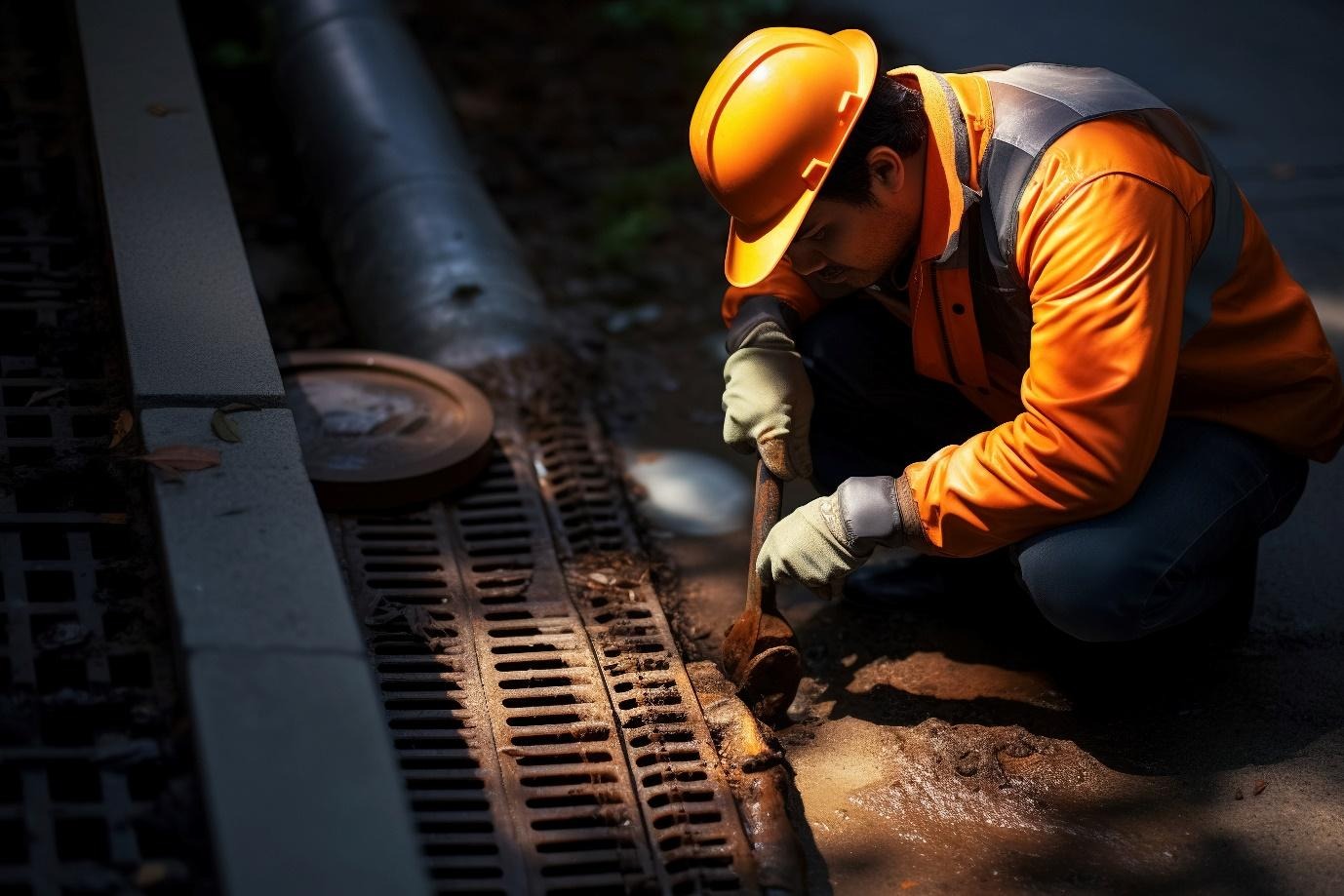For many homeowners, the concept of water management begins and ends with a functioning tap and a reliable drain. Yet, this perspective overlooks the critical role that water plays in the long term health and value of a property. The reality is that how water is managed on your land, from the moment it falls as rain to the moment it leaves your property, is a fundamental aspect of responsible homeownership. Smart water management is not about reacting to floods; it is about implementing a proactive strategy that protects your investment, enhances your living environment, and prevents costly damage before it has a chance to begin.
The primary threat that uncontrolled water poses is to the very structure of your home. The foundation of any building is designed to bear its weight, but it is not designed to withstand constant saturation from pooling water. When the ground around your home becomes waterlogged, it can exert immense pressure on basement walls and foundations, leading to cracks and water ingress. This moisture can then travel upwards through brick and mortar via capillary action, a phenomenon known as rising damp, which is both unsightly and damaging to internal walls and plaster. Furthermore, during winter months, this trapped water freezes and expands, a process that can shift paving, damage mortar joints, and exacerbate existing cracks in a relentless cycle of deterioration.
Beyond the foundations, poor water management creates a host of other issues that can compromise your home. Saturated soil is a leading cause of plant death in gardens, as it suffocates root systems. Persistent damp conditions around the property’s exterior provide the perfect environment for wood destroying insects and fungal rot to attack timber elements like decking, fencing, and even the structural components of outbuildings. Perhaps most alarmingly, standing water in your garden is a breeding ground for mosquitoes and other pests, while dampness inside the home can lead to mould growth, which poses significant risks to respiratory health. These are not mere inconveniences; they are serious problems that affect your property’s safety, your family’s wellbeing, and your wallet.
So, what constitutes a smart water management strategy? It begins with simple, regular maintenance that any homeowner can perform. The first line of defence is your roof and guttering system. Ensuring that gutters and downpipes are clear of leaves and debris is crucial. A blocked gutter will overflow, dumping a concentrated stream of water directly next to your home’s foundation, defeating its entire purpose. Regularly inspecting the grading of your garden is also vital. The ground should slope away from your property’s walls for at least two metres to encourage surface water to run off naturally. These simple checks are the most cost effective measures you can take to protect your home.
However, for more complex or persistent issues, a professional assessment is indispensable. This is where the knowledge of expert drainage specialists becomes invaluable. These professionals do not just unblock drains; they offer a comprehensive diagnostic service. Using advanced tools like CCTV survey cameras, they can inspect the hidden network of pipes beneath your property to identify cracks, blockages, or collapsed sections that are causing recurrent problems. Their understanding of topography and soil types allows them to diagnose why water is pooling in certain areas and to design a holistic solution that addresses the root cause, not just the symptom.
The solutions available through professional intervention are both effective and elegantly integrated into the landscape. For properties struggling with surface water, linear drainage channels can be discreetly installed along the edges of patios and driveways to intercept run off. For issues with subsurface water, a French drain system a trench filled with gravel and a perforated pipe can be installed to collect and redirect groundwater away from the property. In cases where the existing soil has poor drainage, creating a rain garden or installing an underground soakaway crate system can effectively manage excess water in a sustainable way, even harnessing it for garden use during drier periods.
Investing in a professionally designed drainage system is, fundamentally, an exercise in financial prudence. The cost of installing an effective, customised water management system is a known quantity. In contrast, the cost of repairing a home’s subsiding foundation, replacing rotted structural timbers, or eradicating a severe mould infestation is often exponentially higher and is almost always accompanied by significant stress and disruption. A robust drainage system is not an expense; it is an insurance policy that protects the single largest investment most people will ever make.
In conclusion, smart water management is an essential, non negotiable component of modern homeownership. It moves beyond a reactive mindset to embrace a proactive, strategic approach to caring for your property. By combining diligent homeowner maintenance with the specialised skills of drainage professionals, you can create a comprehensive defence system against water damage. This proactive care ensures your home remains structurally sound, environmentally healthy, and financially secure for years to come, allowing you to enjoy your sanctuary with true peace of mind.

